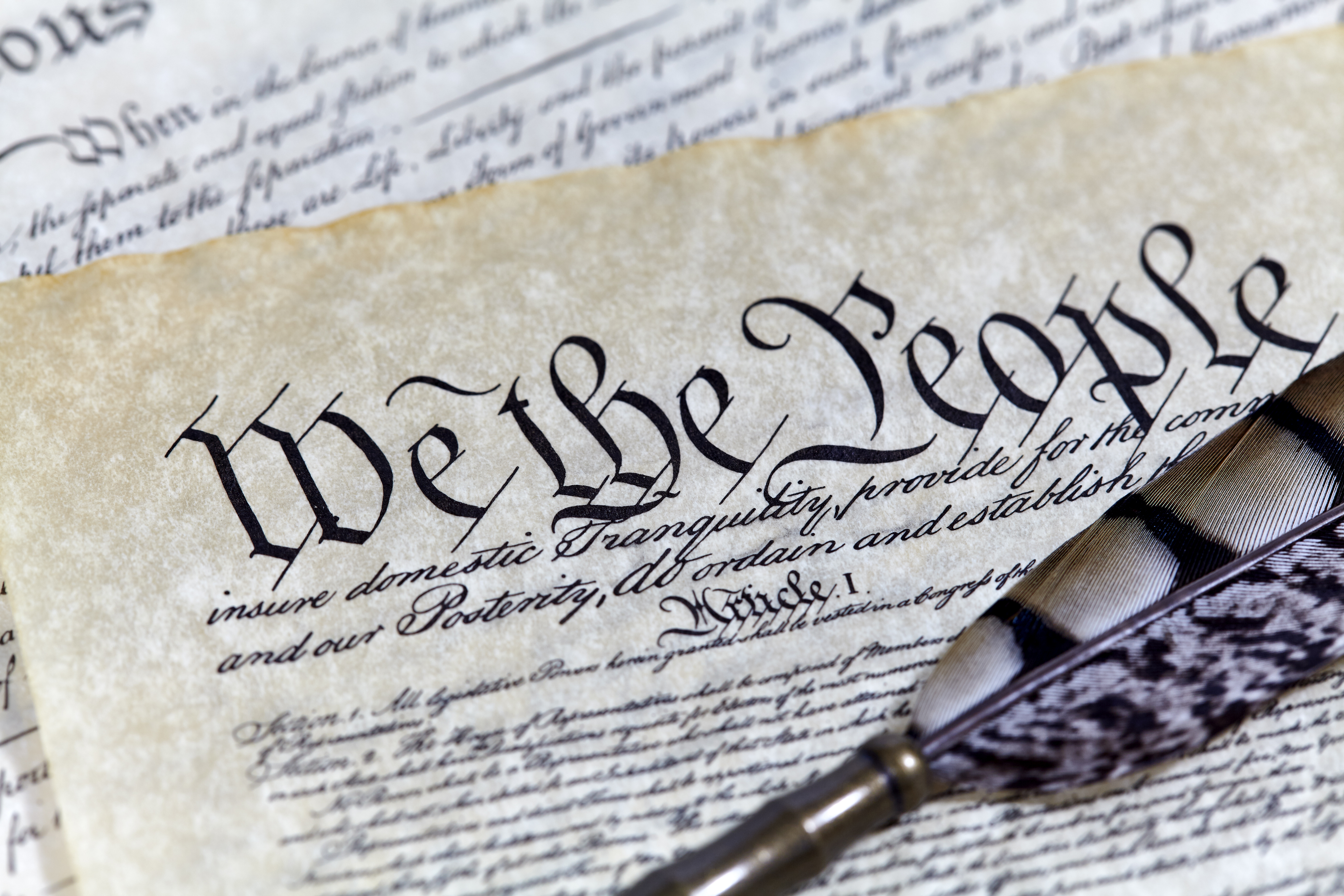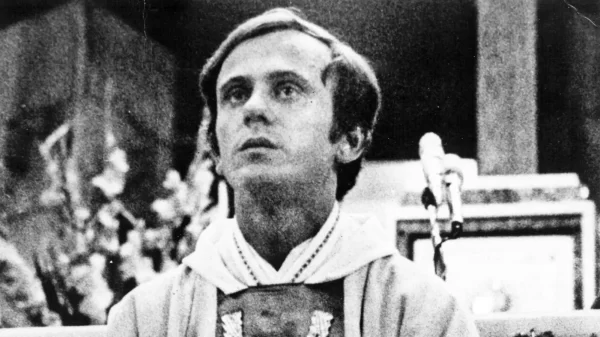We take freedom of conscience for granted, but, 500 years ago, accepting and practicing beliefs outside of the mainstream was deadly. The 1521 Diet of Worms was a legislative gathering held in Worms (one of the oldest cities in Europe) to consider Martin Luther’s theology.
The stakes were extraordinarily high as Luther, a mere monk, parried with the leading Roman Catholic scholars of his day. The ramifications of this meeting, while couched in religious terms, had clear political underpinnings. So much so that Holy Roman Emperor Charles V presided over the “meeting”, which allowed the trappings of his office to validate the ultimate decision.
Martin Luther’s heretical writings were to be publicly reviewed and examined; and while he was given safe conduct to attend the diet, that he was a heretic was a foregone conclusion. The issue before the diet was not the persuasiveness of Luther’s argument, but whether he would recant.
When Luther appealed to his conscience and argued that his conviction about his beliefs was firm and not subject to change, he set himself in the crosshairs of the 16th century religious and political establishment. Heresy and blasphemy were capital offenses. Keeping the doctrines of the Church pure and undefiled was taken quite seriously and anyone advocating a different belief system was considered an outlaw with no legal process available for protection.
Inappropriate beliefs about religion might lead others to perdition, so political power was enlisted to stop errant beliefs and prohibit any doctrine that was not officially sanctioned. But mandating beliefs or emotions fails to consider human advancement in rationally considering ideas, accepting some while rejecting others and developing a personal system of faith and knowledge.
The most critical idea inadvertently let loose by the Edict of Worms was that in matters of faith, people could think for themselves and choose a belief system appealing to the conviction of their conscience. While it would be easy to accuse the Holy Roman Empire of attempting to eliminate competing faiths, protestants held an equally monolithic view resulting in religious wars that seemed to miss the point of the faith each side advocated.
Protestants, while wanting to believe as they wished, were not willing to extend this liberality to others within their realm of influence. The puritan poet John Milton would see his writings banned by Cromwell’s Commonwealth, causing him to write one of the first essays against censorship and in favor of Christian liberty. Said Milton, “Let Truth and falsehood grapple; whoever knew Truth put to the worse in a free and open encounter?”
But even in the new world, liberty of conscience was slow to catch on.
The Dutch Reformed Peter Stuyvesant attempted to limit the worship of Quakers within his jurisdiction. Refusing to submit, the residents of Flushing, New York published the Flushing Remonstrance, which advocated for freedom of conscience not only to Quakers, but also to “Jews, Turks and Egyptians.”
Controlling beliefs and limiting ideas was nothing new for religion, but once institutional religion was de-coupled from government, limiting dissension became applied more frequently in the realm of politics. Often when a new political regime became ascendant in countries without a history of personal freedoms, dissent was stifled, disagreements became illegal and hagiographic propaganda replaced information. One area which politicians around the world agree is how much they despise opposing viewpoints.
Even in seemingly democratic countries with a history of freedoms supported by the rule of law, politicians simply hate criticism and will attempt to restrain if not eliminate it. Usually, this takes the form of mild disgust, but at times it can prove to be both personally and financially costly to oppose the ruling elite. We expect this from authoritarian governments, but when we find democratically elected governments engaging in censorship and limiting dissent, we should be troubled.
Consider the Reuther Memorandum of the 1960s. Seemingly established to advocate for fairness and equality of the public airwaves, Bobby Kennedy used the Reuther brothers’ report to curtail political opposition with breathtaking success. But this is not a liberal vs. conservative issue as regulation and limitations of speech are subtly advocated by all sides.
Even founding father John Adams had Congress pass the Sedition Act making it a federal crime to speak, write, or print criticisms of the government that were arguably false, scandalous, or malicious. Numerous newspaper editors were arrested and some even imprisoned under this act.
In recent memory, both conservative and liberal groups have advocated using government regulations to limit their respective definition of offensive speech. A journalist of the Jacksonian era, William Leggett, warned “if the government once begins to discriminate as to what is orthodox and what heterodox in opinion, what is safe and unsafe in tendency, farewell, a long farewell to our freedom.”
Ideas, whether in opposition or support of a politician or political ideology, should never be restricted. It is much better to have ideas aired and let people decide. Bad ideas typically die a quiet death, but good ideas live on and become part of the progress of democratic government.
Rather than restrict poorly thought ideas, it is better to let them be proclaimed loudly and see them disintegrate on impact. Many years ago, Jerry Rubin encouraged student protestors to burn down a historic academic building. The more he shouted, the more the crowd responded, but no one was willing to act because no one was willing to torch a building to support academic freedom.
Bad ideas are like that. Giving someone a megaphone and unlimited time can be their undoing. Public debate, like sunlight, is a great disinfectant. Debate and open discussion force ideas to compete against practical reality, thus winnowing out the ill-conceived and fostering workable solutions.
So, 500 years ago western civilization moved toward allowing people to think and believe as they followed their convictions, but even Luther and his followers failed to see the broad implication of their success. Various events would slowly chip away at autocrats forcing their subjects to subscribe to approved beliefs.
Instead, in a triumph of experience and personal liberty, states moved toward greater freedom. While elites might try to restrict the thoughts of others and limit criticism, free societies realize that allowing open discussion and a variety of viewpoints lays the foundation for a community in which all rights are respected, and belief systems are not censored but allowed to sink or swim based on the truth of their results.























































